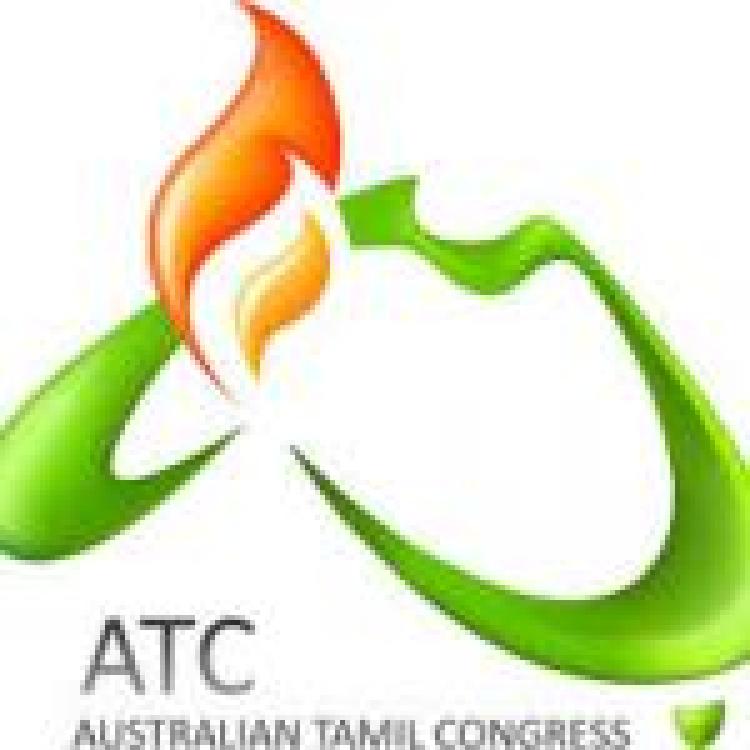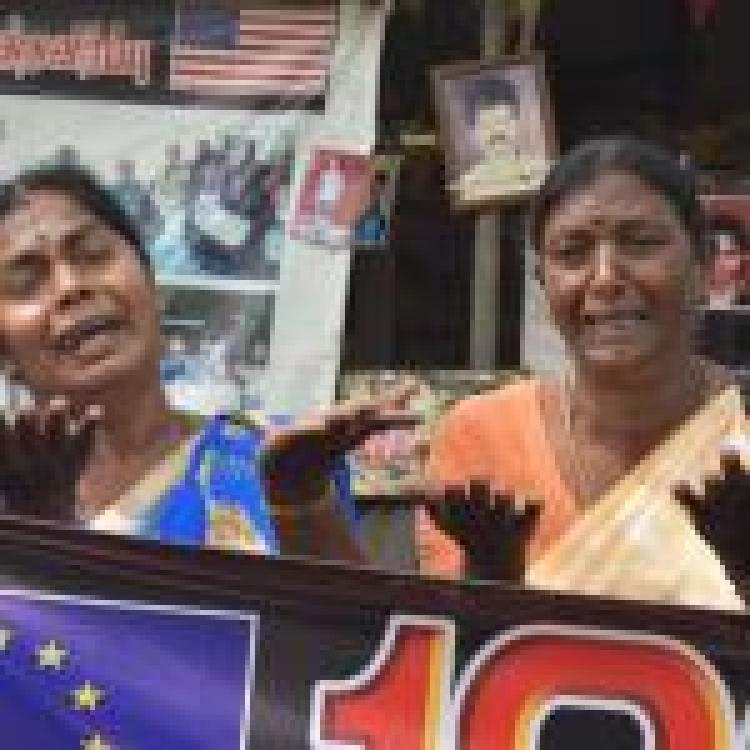Human Rights Watch tabled a submission calling on passing a law to the Australian government that will allow targeted sanctions against serious human rights violators abroad, on Monday.
The proposed law was suggested to the parliament’s human rights subcommittee and would implement similar legislation in effect in the United States, the United Kingdom, and Canada.
The recommendations enlisted as part of the proposed legislation includes targeted sanctions, in particular visa bans and asset freezes, against people implicated in serious human rights violations.
Australia’s director at Human Rights Watch, Elaine Pearson emphasised the need for sanctions to clamp down on human rights violators globally to the Australian government;
“Targeted sanctions are a useful foreign policy tool to press for accountability for serious abuses and to raise the cost of human rights violations. The Australian government should join other governments and pass a law that specifies human rights and corruption as criteria in applying targeted sanctions. Telling rights violators in other countries that they can’t travel to Australia or put their money in Australian banks can have a real impact. By joining other countries with similar laws, Australia will be sending a strong message to abusive leaders everywhere that there are far-reaching consequences for their actions.”
Currently the sanctions process in Australia for human rights violations is ambiguous and complicated, making it challenging to navigate and pursue accountability. The lack of civil society engagement in the process means sanctions are rarely imposed against human rights violators.
Conversely, the US adopted the Global Magnitsky Human Rights Accountability Act (Global Magnitsky Act) in 2016 and has sanctioned at least 199 individuals from multiple countries under the Magnitsky Act, including the recent travel ban against Sri Lanka army chief Shavendra Silva. The UK and Canada have similar laws, with the EU also in the process of implementing a Global EU Human Rights Sanctions Regime soon.
Human Rights Watch reiterated that a new targeted sanctions is crucial in tackling human rights violators and creating a more transparent and efficient process for applying sanctions on human rights grounds. Last week, the Australian Tamil Congress also called on the Australia government to explore similar sanctions to the US against Shavendra Silva.



